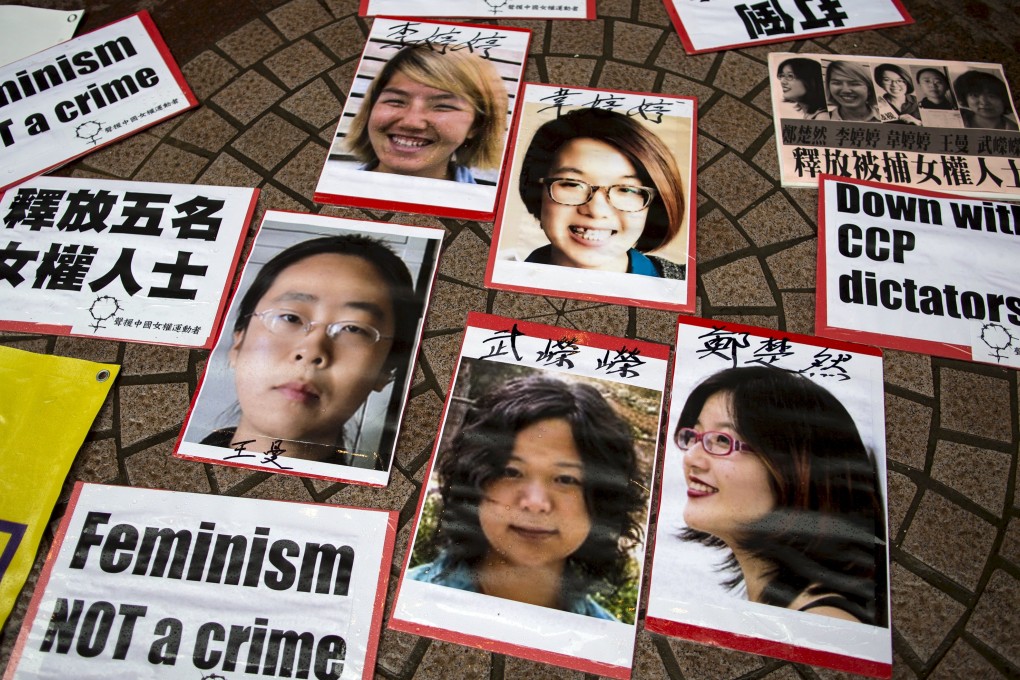What the Mainland Media Say | Not in my backyard: China's Xi Jinping pushes for women's rights on world stage but represses them back at home
President proclaims the importance of gender equality on the world stage, yet sends to jail those who seek the same at home

The furious reaction to US presidential candidate Hillary Rodham Clinton's criticism of Beijing's record on women's rights has highlighted the fragile nature of the relationship between the world's two most ideologically divided "frenemies".
The former first lady echoed the views of many rights groups in a tweet questioning President Xi Jinping 's role in co-hosting a UN women's rights conference in New York, after his state visit to Washington where he held a summit with US President Barack Obama.
"Xi hosting a meeting on women's rights at the UN while prosecuting feminists? Shameless," tweeted Clinton, referring to the mainland's arrest of five activists this year.
State media reacted with strongly worded editorials. The Global Times and other major media outlets accused Clinton of bashing China, like Republican candidate Donald Trump, to garner votes.
Clinton is making a second run at becoming the United States' first female president. She has made women's rights a cornerstone of her 2016 presidential campaign.
Her words are more for a domestic audience than a Chinese one, but Beijing must acknowledge it is imperative to improve women's rights in a country that has seen dramatic economic and social advancement in the last 30 years.
